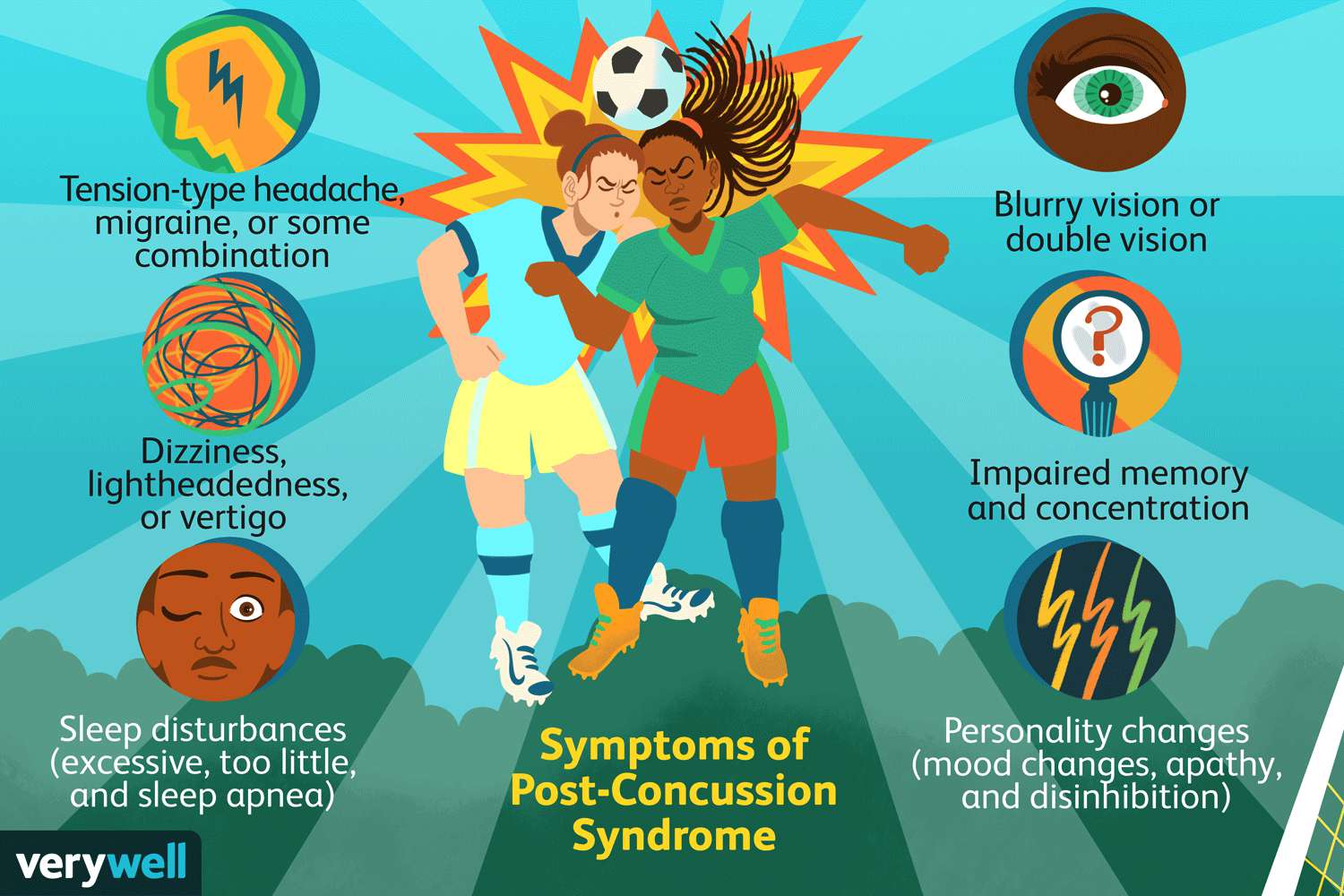Binge eating disorder is a serious eating disorder characterized by recurrent episodes of binge eating without compensatory behaviors, such as purging or excessive exercise. Individuals with binge eating disorder1 often feel a lack of control over their eating and experience significant distress and shame.
Symptoms of Binge Eating Disorder
- Binge Eating Episodes: Recurrent episodes of eating large amounts of food in a short period of time.
- Loss of Control: Feeling a lack of control over eating during a binge.
- Distress and Guilt: Experiencing significant distress or shame after binge eating.
- Eating Rapidly: Eating quickly during a binge.
- Eating Until Uncomfortably Full: Continuing to eat even when feeling full.
- Eating Alone: Eating alone to avoid embarrassment.
- Feeling Disgusted, Depressed, or Guilty After Binge Eating: Experiencing negative emotions after a binge.
Causes of Binge Eating Disorder
The exact causes of binge eating disorder are not fully understood, but a combination of biological, psychological, and environmental factors may contribute to its development. Some potential causes include:
- Genetic Factors: A family history of eating disorders or other mental health conditions may increase the risk.
- Psychological Factors: Low self-esteem, perfectionism, and negative body image can contribute to the development of binge eating disorder.
- Social and Cultural Factors: Societal pressure to be thin and the idealization of thinness can contribute to eating disorders.
- Biological Factors: Imbalances in neurotransmitters, such as serotonin and dopamine, may play a role.
Treatment of Binge Eating Disorder
Treatment for binge eating disorder often involves a multidisciplinary approach, including:
- Psychotherapy: Cognitive-behavioral therapy (CBT) can help individuals identify and challenge negative thoughts and behaviors related to food and body image.
- Medication: Antidepressants may be used to address underlying mental health conditions, such as depression and anxiety.
- Nutritional Counseling: A registered dietitian can help individuals develop healthy eating habits and maintain a healthy weight.
- Support Groups: Support groups can provide a supportive environment for individuals to connect with others who understand their experiences.
With appropriate treatment, many individuals with binge eating disorder can significantly improve their quality of life and recover from the disorder.



